April 16,2016
How the Market Is Betraying Advanced Economies

As lifestyles in the world’s developing economies improve drastically, many in the advanced economies are seeing their well being deteriorate – a trend that automation will only exacerbate. Without fundamental change in the framework of public policymaking, it is difficult to imagine a prosperous future in these societies.
Apr 9, 2019 thinks it’s his attacks on the truth-seeking institutions that underpin economic prosperity.
Throughout the developed world, conditions for many workers are deteriorating, with no recovery in sight. Income inequality is near historic highs, wealth inequality is even higher, and economic insecurity is widespread.As the United Kingdom tears itself apart politically and constitutionally over Brexit, many of its citizens struggle with low-quality jobs, inadequate housing, and poverty so severe that they rely on food banks. France’s Yellow Vest protests have been hijacked by violent extremists, but they reflect real grievances about the growing challenge of maintaining living standards. In the United States, the Economic Report of the President touts the supposed elimination of poverty, but life expectancy does not decline in a prosperous country.In short, the post-World War II social contract in many of today’s developed economies is breaking down. And even more uncertainty and insecurity are on the way, as new technologies such as artificial intelligence and robotics take root.Though the pace and scope of the next wave of automation is impossible to predict with precision, the impact will be profound. Like other digital technologies, AI and robotics will boost the value of some skills while reducing the value of others. And, by reinforcing social biases, extensive algorithmic decision-making risks amplifying existing inequalities further.It is impossible to uninvent technology. But we should not fall into the trap of technological determinism. The forces that drive structural economic change are always refracted through policy decisions, which can help ensure that technological innovations contribute to a more prosperous future.
Given the depth of the transformation ahead, however, it is not just the policies themselves that must change, but the very framework on which they are based. This means abandoning the idea – which has shaped public policy for more than a generation – that the “market” must be the organizing principle for collective decision-making.
The market, in this sense, is an abstraction – one that has little to do with actual markets, which are social institutions as varied and multitudinous as Leo Tolstoy’s unhappy families. It embodies the assumption that, overall, we secure the best economic outcomes if producers compete to respond to the desires of individual consumers (in line with their purchasing power). And its performance is measured according to the number of contemporaneous exchanges taking place.This is unlikely to be the best metric. For one thing, it does not account for the depreciation of assets, from houses in California destroyed by wildfires to insect species at risk of extinction. It also fails to account for the fact that a growing proportion of exchanges in the digital economy involve “public goods,” consumption of which is non-rivalrous (the good can be shared by any number of people without being depleted).But there is an even more fundamental problem with assessing an economy’s welfare according to the satisfaction of individual choices. As the late William Baumol pointed out, if you assume that economic agents are independent, you will conclude that independent choices maximize their well being. This is circular reasoning.In fact, economic agents are not as independent as the conventional wisdom would have us believe. People’s consumption preferences are not discovered through introspection and then upheld permanently; they are shaped socially and change over time. In the age of social media “influencers,” this may be truer than ever, with turbocharged network effects amplifying the impact of one individual’s choices on others.Likewise, in production, there is far-reaching potential for economies of scope and scale – potential that grows even larger in high-tech domains. This means that one firm’s production decisions affect production by others in the same market.The conceptual underpinnings of policymaking need to be updated to reflect this economic reality. For starters, governments need to recognize that their decisions shape the structure of production, and develop strategies to support particular strengths in production (through innovation policies or procurement frameworks) or to address weaknesses (in areas such as skills). Economists like Dani Rodrik and Justin Yifu Lin have led the way in proposing ways to think about modern industrial strategy.Governments must also improve the opportunities available to those left behind in today’s fast-changing economy. This means ensuring that all citizens have access to quality public education, public transportation and broadband infrastructure, adequate health care, and decent housing. Such basic services are more important than income subsidies, because they are public goods, which the market – where decisions are made by aggregating individual demand – will not provide.The organization of millions of interdependent individuals in a technologically complex society will always be difficult to manage. With productivity flat-lining and public anger growing, it is clear that existing policies are not up to the challenge. Without a new approach, it is difficult to imagine a prosperous future for Western societies.
-
WmC Mantis Is Diane Coyle trying to tell us that economic policymakers should be doing more to ensure a continually rising mean household quality of life? If so, she could have done it in fewer words.
-
Elizabeth Pula
Is this alternative NEW option really not new at all, but “indentured servitude” reserved for the 21st century?
-
Andrew Benington Voters will determine the policy response to growing automation, capital and income concentration. Voters love something for nothing. The difficulty for policy makers is having set course on the abandonment of home ownership by the majority, they now find themselves in that awkward moment between declining home ownership and growing numbers of tenants, between promoting house price inflation and promoting rent control, secure tenancies, secure employment, higher and ever rising take home income.
-
Elizabeth Pula
“situational awareness”- perspective varies depending on your position- the state VS the citizen or state the result of social contract between and amongst citizens.
-
Elizabeth Pula There are “other” issues that are developing in Advanced Economies, that may bear some very unforeseen consequences due to the possibilities in, and of the marketplace. There are many implications due to market betrayal, that could be very serious on the humanity level, that interplay with the AI issues, as mentioned in this link:
https://www.technologyreview.com/s/613277/chinese-scientists-have-put-human-brain-genes-in-monkeysand-yes-they-may-be-smarter/
-
-
Elizabeth Pula AI is an extremely complex aspect of the “market abstraction”. Individual understanding of “situational awareness” for, and by everyone will become increasingly critical to maintain “social contracts” and more critically, individual psychologically intact personal, individual identities.
PERSPECTIVE: AI Is Changing the Game for Situational Awareness
04/11/2019
-
Robert Bruce There is no doubt that basic services, paid for by public funding, are an essential investment for all social and economic progress. And nowhere has the lack of investment been more apparent than in housing, where the market incentive actually works to restrict the supply of affordable housing, and push prices up.
However, that does not mean that we should be forced into an artificial choice between income subsidies and basic services – a healthy market economy needs both. Markets can only meet the essential needs of consumers, if they have the income necessary to purchase them. Without a stable income, citizens lose any agency in a market economy. As growth of the digital economy accelerates economies of scale, our economy is polarising into big centralised winners (like Amazon and Google) and many more localised losers (like retail workers and local journalists). As a result, we are starting to see whole communities and regions go into decline as their real incomes stagnate.
Politicians can only offer ideologies of the 20th century. The right want power over jobs to rest entirely with the markets – private banks and business owners, creating a race to the bottom. Meanwhile the left want the government to control our lives – with promises of job guarantee, planned and provided for by the state. But there is another alternative. Basic Income gives power and agency to individual citizens and communites to shape their own future. It is a solution that creates local markets where consumers have both money and time to spend as they choose, and can work in cooperation to meet each others needs. This is why UBI is so much more than just an income supplement. It is a whole new way to imagine a market economy that works for everyone, and not just for the winners in “The Global Race”.
-
Paul Friesen I agree that a basic income is one way to solve the problem of the declining need for human labour. But I think there is a better way. That is a negative income tax – an income tax that turns into an income subsidy for those with low income.
Any such scheme needs to be paid for with taxes, and the tax rate required to run a negative income tax would be lower, because there are no payments to the wealthy, and other payments would be lower. The end result would be the same – a fairer income distribution.
-
-
vivek iyer Diane Coyle says that Economics is a worthless discipline. We agree. But, she is herself an economist. The Government employs Economists. But because economists are stupid, the Govt. makes worse decisions than any one else.
The ‘framework of public policy making’ is sheer idiocy. All that happens is that some private sector company, which wants a padded contract for robbing the exchequer and delivering a terrible service to the public, lobbies the Govt. using some fashionable Davos speak and, though nobody is fooled, the taxpayer nevertheless takes a hit.
It is difficult to imagine a prosperous future for kids born to poor people who will themselves have kids before they are well settled. It is easy to imagine a prosperous future for kids born to successful people who are saving money to set them up in life- perhaps in a different country with lower taxes and more opportunities.
On the other hand, I do agree with the learned Professor regarding insect species. They are under represented not just in Parliament but also in the Media. For this reason, many are becoming disheartened and going extinct.
-
Putin’s Art of the Purge 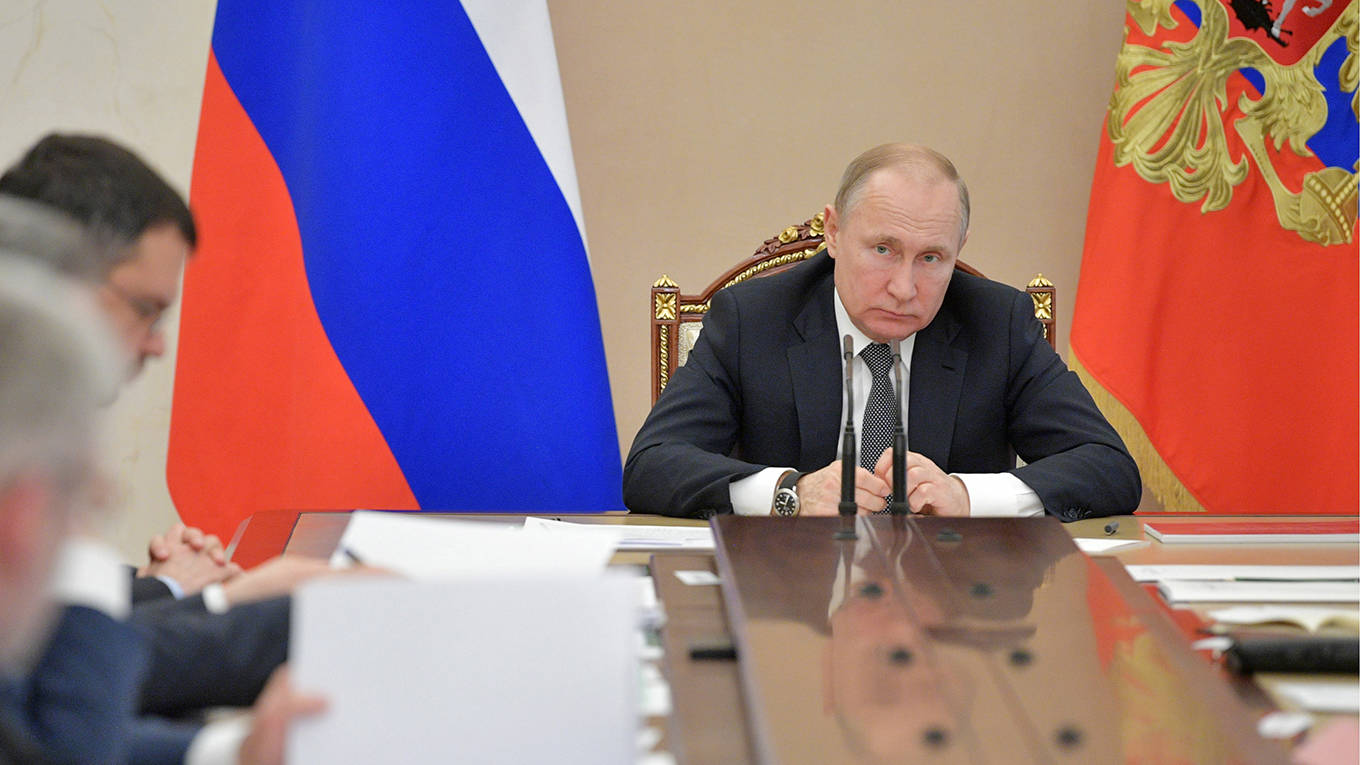
Putin’s Art of the Purge
-
Will Free Trade Make Africans Sick? 
Will Free Trade Make Africans Sick?
-
How to Tax a Multinational 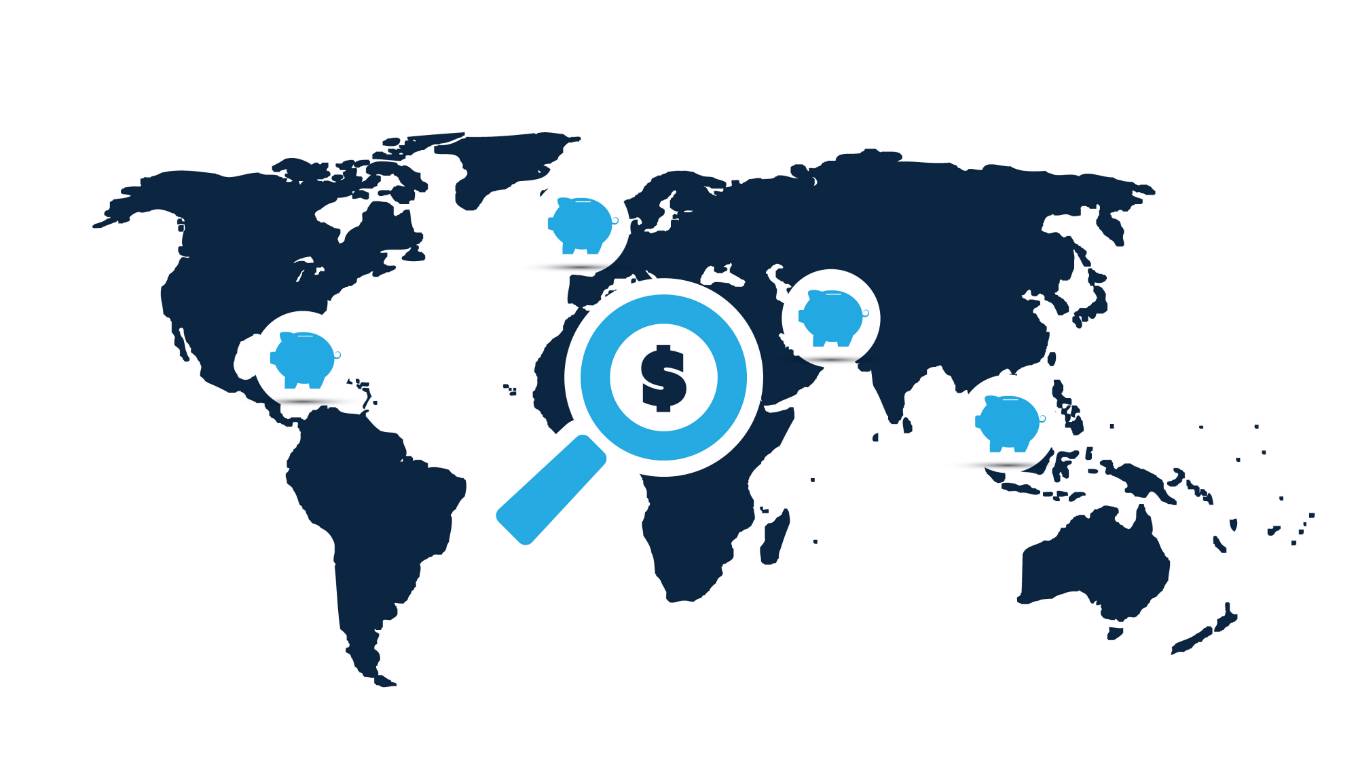
How to Tax a Multinational
-
Our Zero-Emission Future 
Our Zero-Emission Future
-
The Roots of Right-Wing Dominance in Israel 
The Roots of Right-Wing Dominance in Israel
-
The Brexit Impossibility Triangle 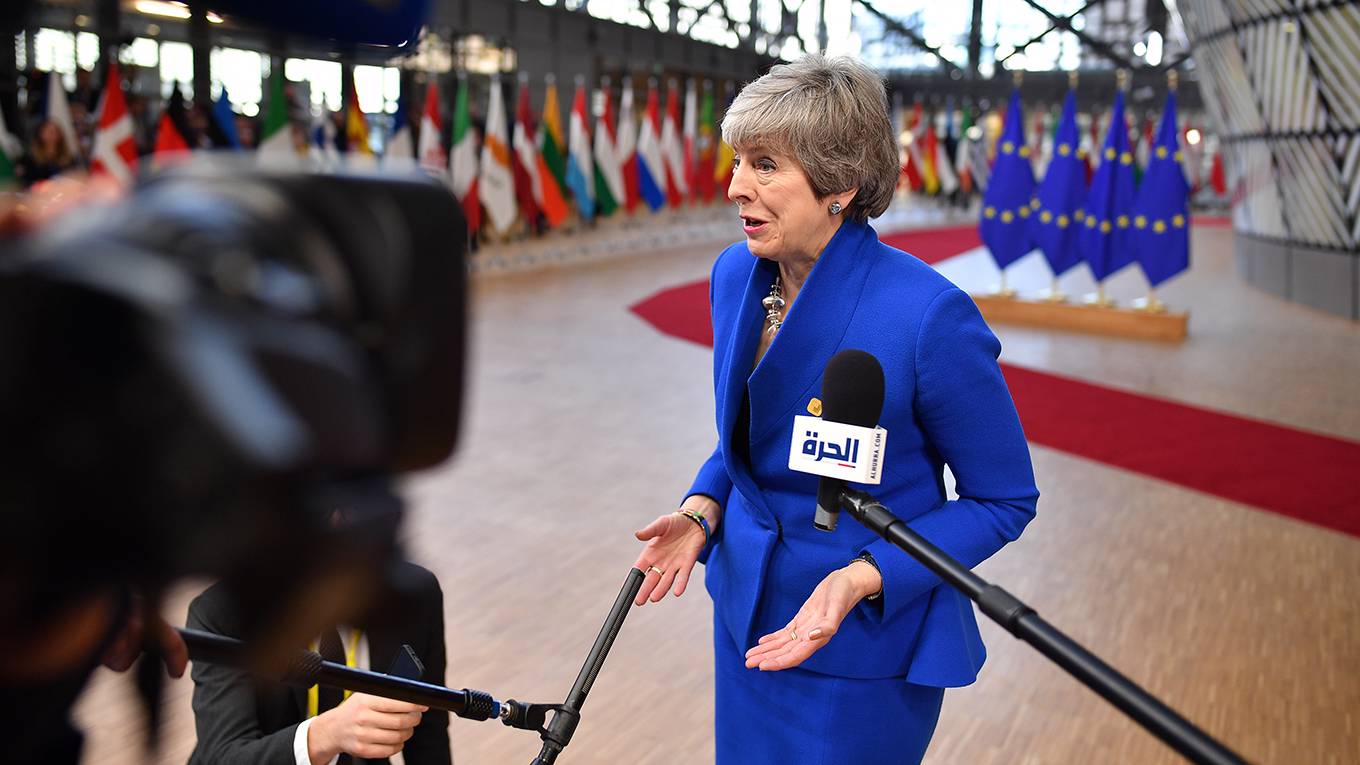
The Brexit Impossibility Triangle
-
The Rising Cost of Strongman Rule in Cambodia 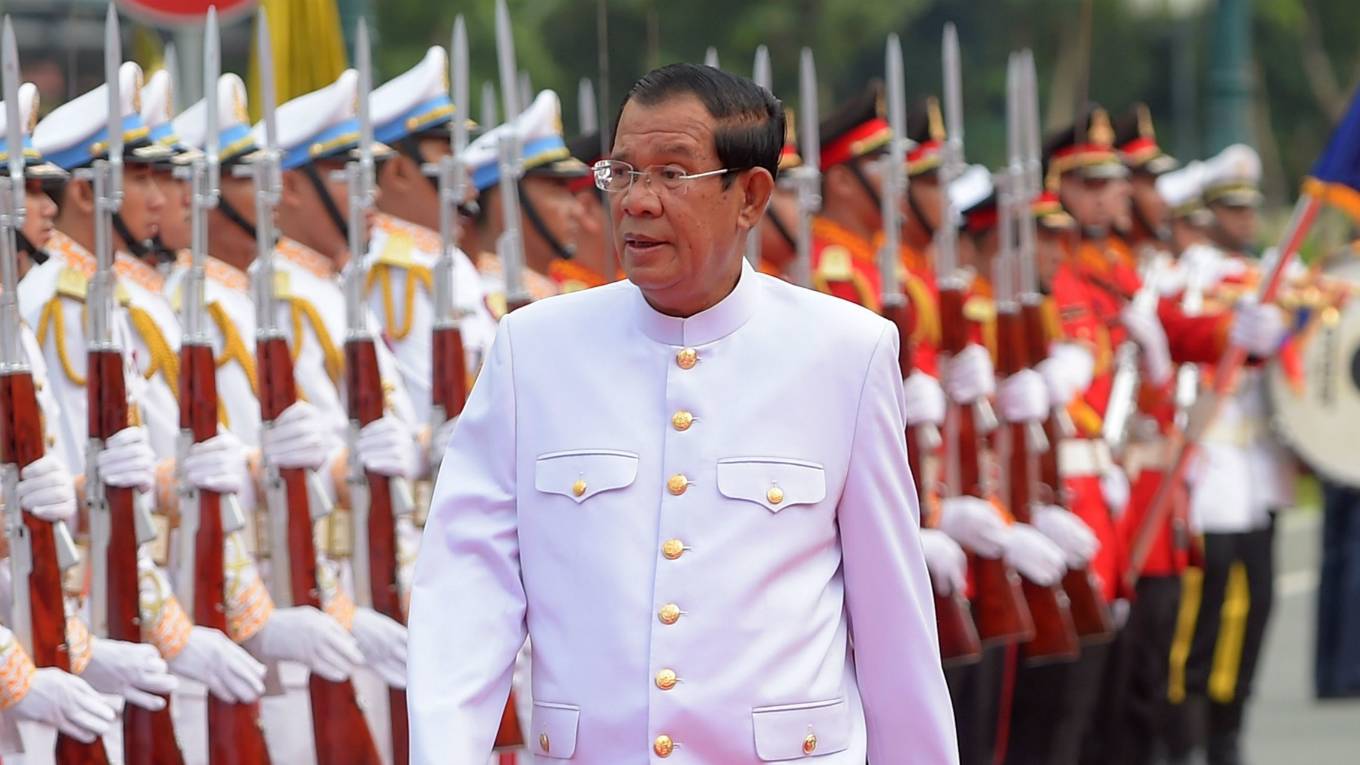
The Rising Cost of Strongman Rule in Cambodia
-
Closing Europe’s Confidence Gap 
Closing Europe’s Confidence Gap
Cookies and Privacy
We use cookies to improve your experience on our website. To find out more, read our updated cookie policy and p

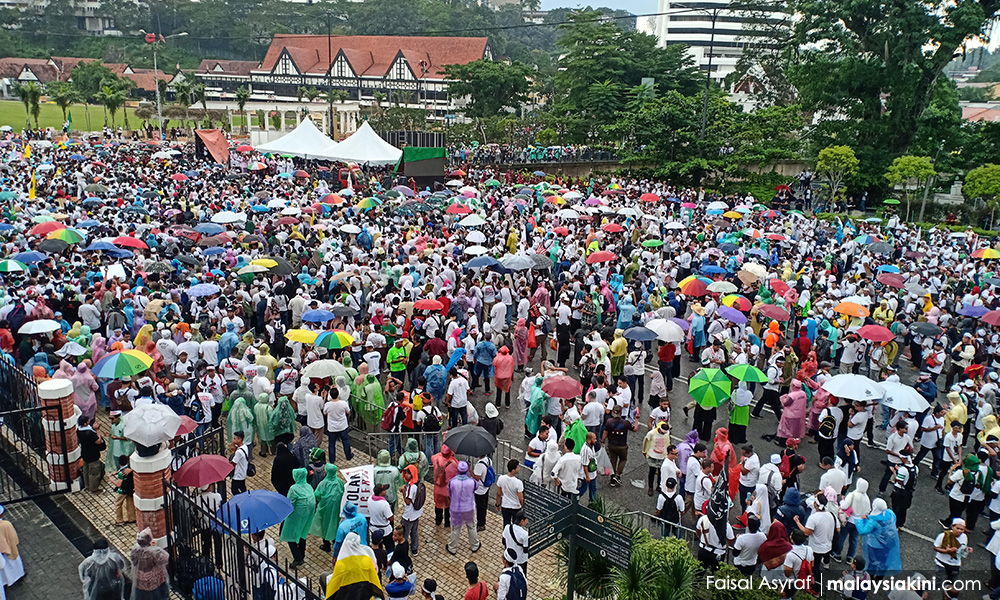
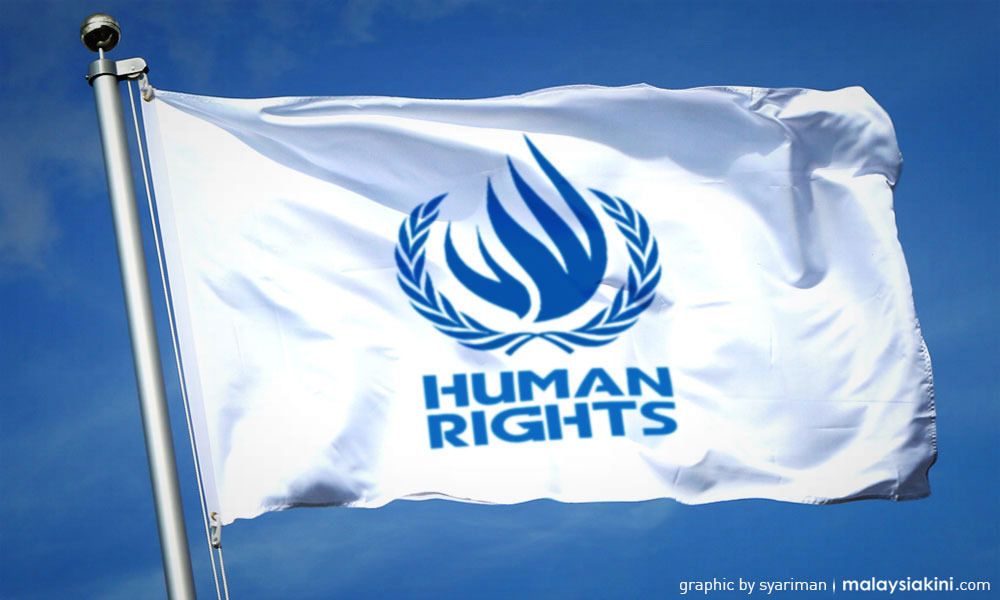
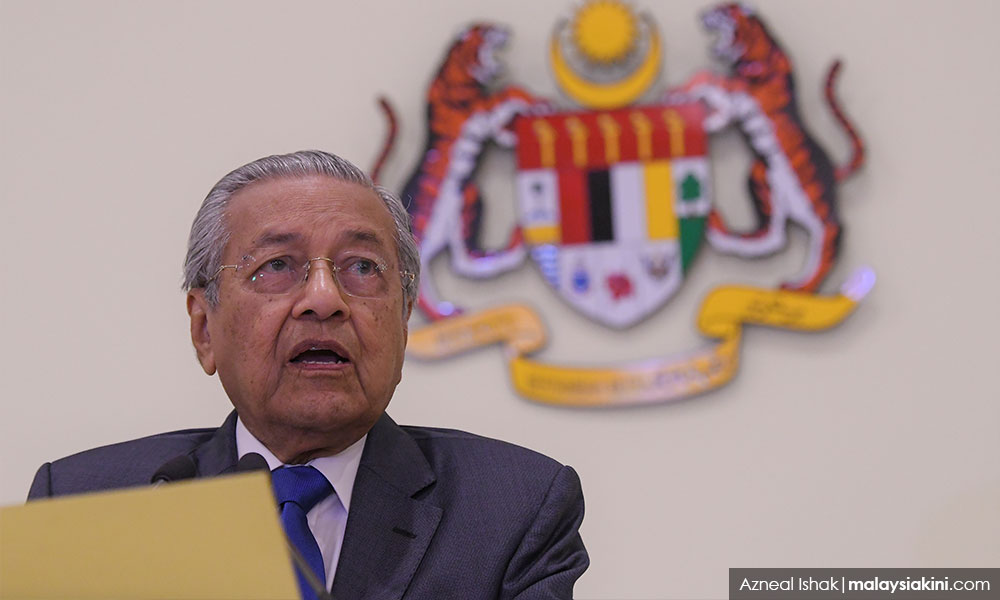
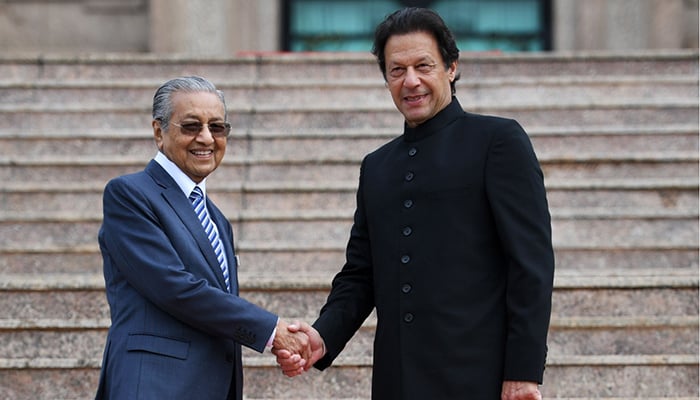
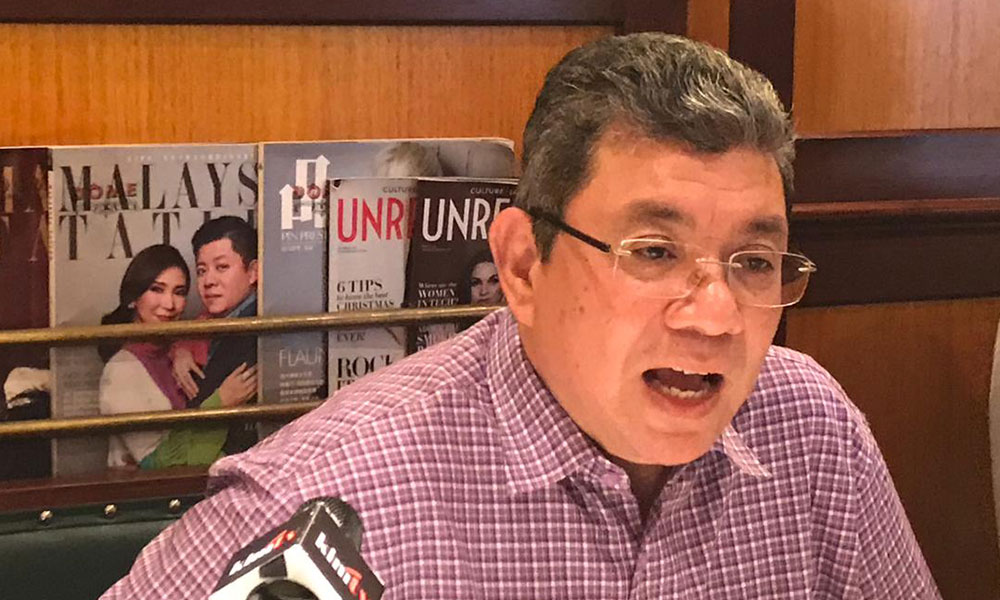
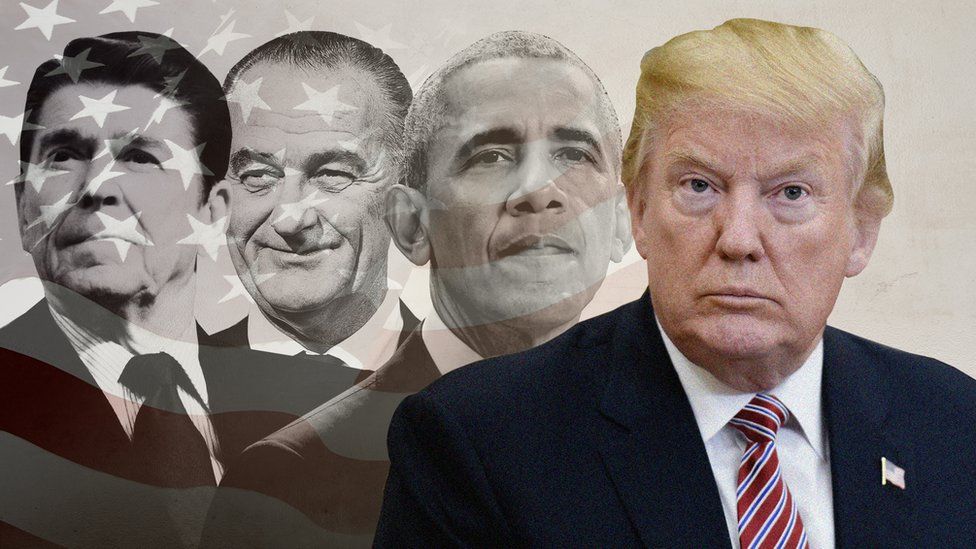
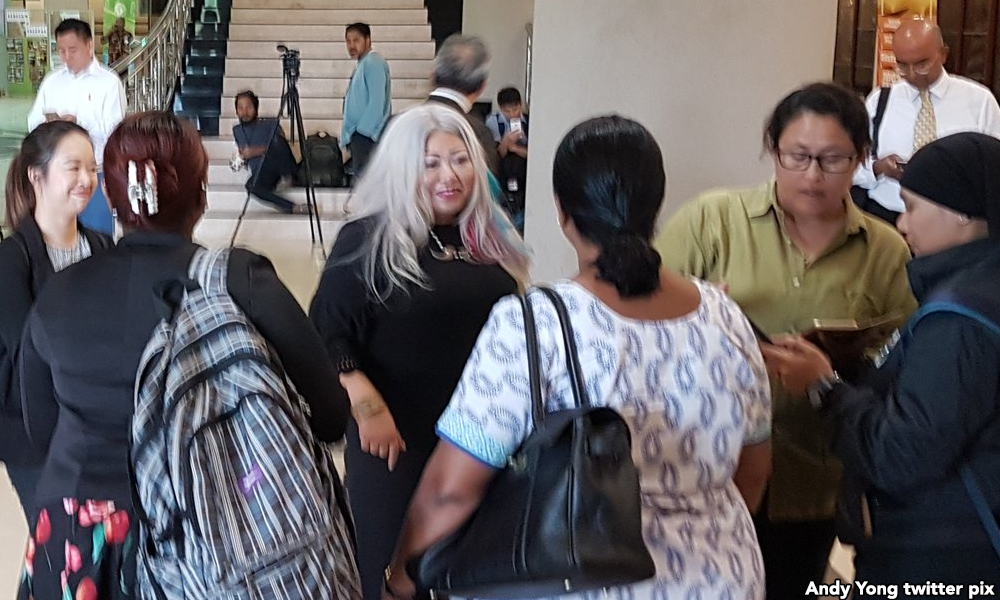

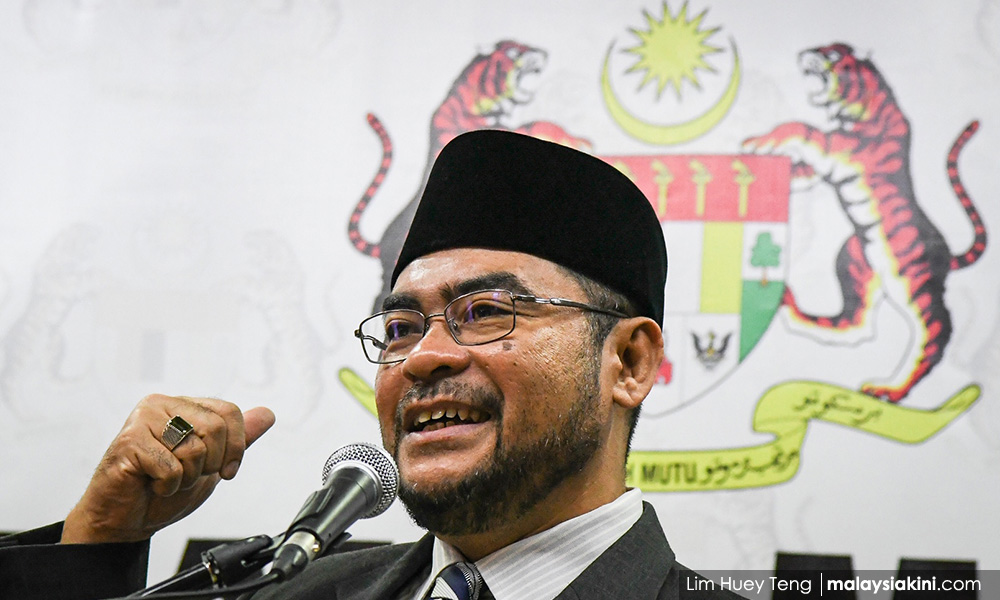

CAMBRIDGE – Despite ever-improving conditions for millions of people around the world – documented by entities like the University of Oxford’s Our World in Data and highlighted by scholars like Steven Pinker – popular discontent is on the rise in many places. The reason is simple: whereas the first trend is being driven by low- and middle-income countries, the second is concentrated in high-income countries.